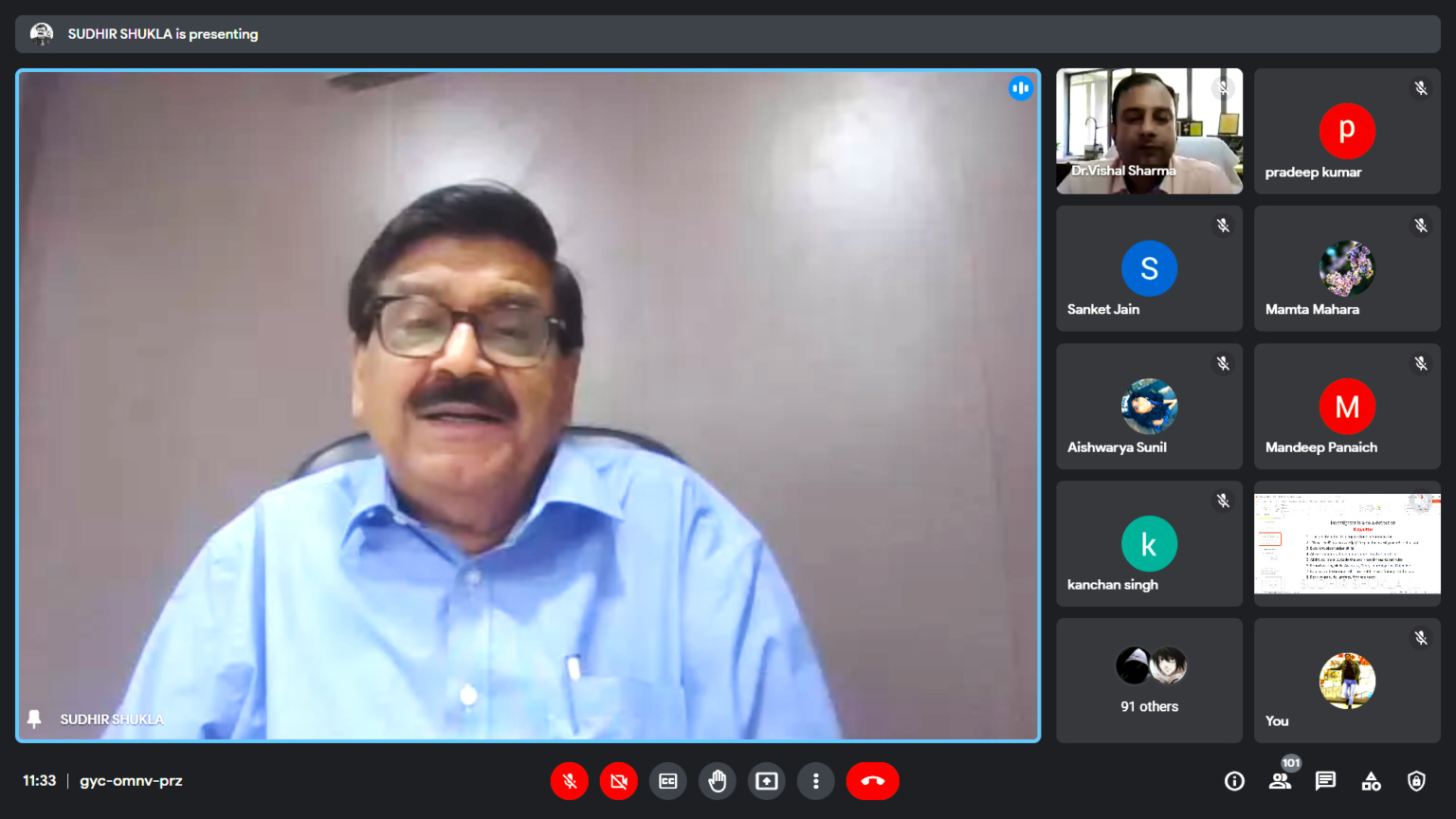Chandigarh March 28, 2022
The Institute of Forensic Science and Criminology, Panjab University, Chandigarh organized a special lecture in the ongoing National webinar lecture series 2021-22 on ‘‘Forensic Investigation’’. The webinar was hosted by Dr. Vishal Sharma [Chairperson at the Institute of Forensic Science and Criminology] in which he laid emphasis on the fact that criminals are getting smarter with the passage of time and their modus operandi has changed. This has become a challenge to the investigator. He said that in order to deal with this spikes in criminal cases both nationally as well as globally, the full potential of forensics needs to be utilize to provide justice. More than 100 delegates participated in the webinar.
The distinguished Chief Guest of the webinar, Prof. Sudhir Kumar, Dean Research, Panjab University, Chandigarh in his inaugural address he said that the roots of forensics that dates ages back. The word forensics and its techniques have been helping crime and justice for years. Panchari, in his book Arthashashtra, described that scientific reason behind death should be probed. He also added that with the progress in science and technology, increase in population and new ways of crime, forensics has been gaining importance.
The speaker of the webinar, Dr. S.K., Shukla, Director, National Forensic Science University, Campus New Delhi in his keynote address explained the importance of forensic scientist in the investigation of crime. He said that Contemporary law enforcement has greatly expanded its ability to solve crimes by the adoption of forensic techniques and procedures. Today, crimes often can be solved by detailed examination of the crime scene and analysis of forensic evidence. He further added that the work of forensic scientists is not only crucial in criminal investigations and prosecutions, but is also vital in civil litigations, major man-made and natural disasters, and the investigation of global crimes. The success of the analysis of the forensic evidence is based upon a system that emphasizes teamwork, advanced investigative skills and tools and the ability to process a crime scene properly by recognizing, collecting and preserving all relevant physical evidence. He also shared various cases that he has solved and the challenges involved during investigation. He also shared his experience during court trials to the students. He concluded the lecture by saying that there is an emergence to make forensic science even more valuable and to maintain the high quality of justice that this society deserves.




